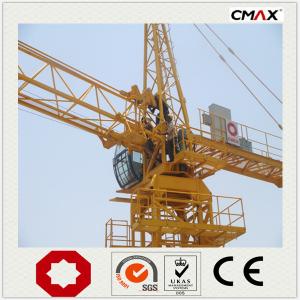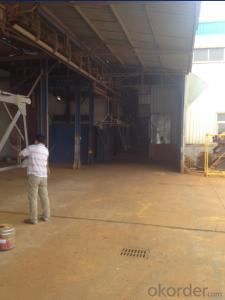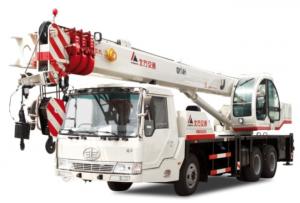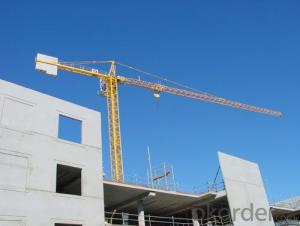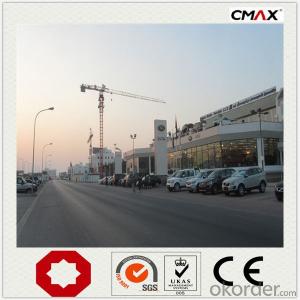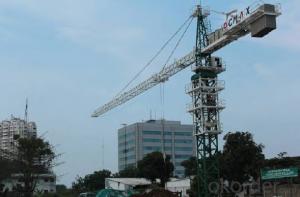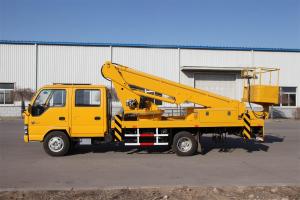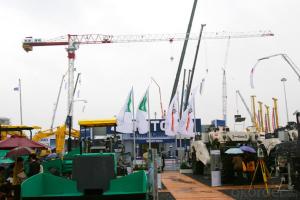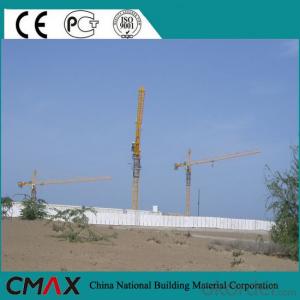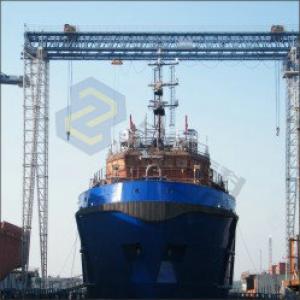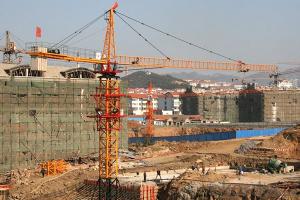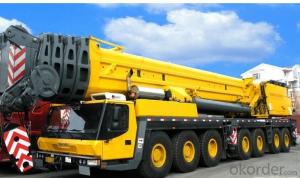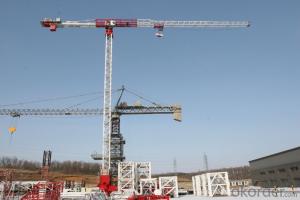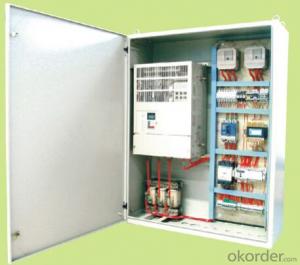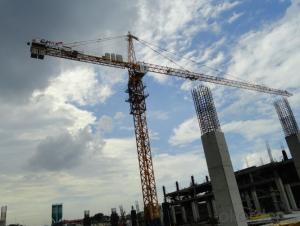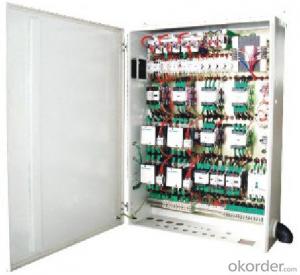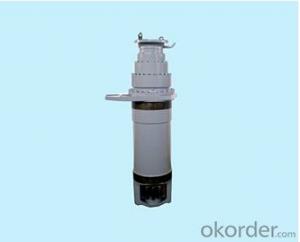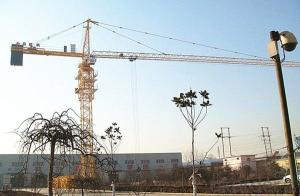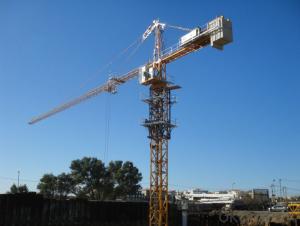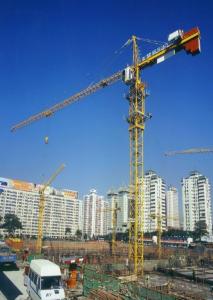All Categories
- - Steel Wire Rod
- - Steel Coils
- - Steel Profiles
- - Steel Pipes
- - Stainless Steel
- - Tinplate
- - Special Steel
- - Steel Sheets
- - Steel Rebars
- - Steel Strips
- - Hot Rolled Steel
- - Cold Rolled Steel
- - Pre-painted Steel
- - Seamless Steel Pipe
- - Welded Steel Pipe
- - Hollow Steel Tubes
- - Galvanized Pipe
- - Stainless Steel Coil
- - Stainless Steel Sheet
- - Stainless Steel Plate
- - Stainless Steel Strips
- - Electrolytic Tinplate Coil
- - Electrolytic Tinplate Sheet
- - Stainless Steel Rebars
- - Solar Panels
- - Solar Water Heater
- - Solar Related Products
- - Solar Inverter
- - Solar Cells
- - Solar Light
- - Solar Energy Systems
- - Solar Controllers
- - Solar Mounting System
- - Solar Pump
- - Solar Chargers
- - Fiberglass Chopped Strand
- - Fiberglass Mesh Cloth
- - Composite Pipes
- - FRP Pultrusion Profiles
- - Fiberglass Mat Tissue
- - Fiberglass Fabrics
- - Fiberglass Mesh
- - Composite Tank
- - Fiberglass Mesh tape
- - Polymer
- - FRP Roofing Panel
- - Fiberglass Roving
- - Monolithic Refractories
- - Ceramic Fiber Products
- - Refractory Bricks
- - Raw Materials For Refractory
- - Suspended Platform
- - Cranes
- - Concrete Machinery
- - Earthmoving Machinery
- - Building Hoist
- - Road Building Machinery
- - Plastic Pipe Fittings
- - Plastic Tubes
- - Plastic Sheets
- - Agricultural Plastic Products
- - Plastic Nets
 All Categories
All Categories
Q & A
How do cranes handle load control during lowering movement?
During lowering movement, cranes handle load control by using various techniques such as hydraulic systems, brakes, and counterweights. These mechanisms work together to ensure a controlled descent of the load, preventing sudden drops or unintended movements. The hydraulic systems control the speed and direction of the crane's movements, allowing for precise lowering. Brakes are engaged to provide additional control and stability, while counterweights are adjusted to balance the load and maintain stability during the descent. Overall, these safety measures enable cranes to handle load control efficiently during lowering movements.
How are cranes used in logging operations?
Cranes are commonly used in logging operations to lift and move heavy logs from one location to another. They are essential for loading and unloading trucks, stacking logs, and sorting timber. Cranes improve efficiency and safety by reducing manual labor and minimizing the risk of injuries.
What is the role of a rigger in crane operations?
The role of a rigger in crane operations is to ensure the safe and efficient movement of heavy loads. They are responsible for inspecting and preparing the rigging equipment, attaching the loads securely to the crane, and communicating with the crane operator to ensure proper lifting techniques are followed. Riggers also play a crucial role in assessing the weight and balance of the load and selecting the appropriate rigging methods and equipment for each lift. Overall, their primary focus is on maintaining safety standards and preventing accidents during crane operations.
What are some common uses for cranes besides construction?
Besides construction, cranes are commonly used in various industries and sectors. Some common uses for cranes include:
1. Shipping and logistics: Cranes are crucial in ports and harbors for loading and unloading cargo from ships, as well as moving containers within the storage yards.
2. Manufacturing: Cranes are used in manufacturing facilities to lift and transport heavy materials, machinery, and equipment during production processes.
3. Mining and extraction: Cranes play a vital role in the mining industry by assisting in the extraction of minerals, moving heavy loads, and supporting drilling and excavation operations.
4. Energy sector: Cranes are used in power plants, both conventional and renewable, for the installation and maintenance of turbines, generators, and other equipment.
5. Warehousing: Cranes are used in large warehouses and distribution centers to efficiently handle and stack heavy pallets, facilitating storage and retrieval operations.
6. Shipbuilding: Cranes are essential in shipyards for lifting and placing large ship components, such as hull sections, engines, and propellers during the construction or repair of vessels.
7. Aerospace industry: Cranes are employed in aerospace facilities for assembling, moving, and positioning aircraft components, including engines, wings, and fuselage sections.
8. Salvage and recovery operations: Cranes are used in disaster-stricken areas or accident sites to remove debris, vehicles, and other heavy objects, aiding in rescue and recovery efforts.
9. Entertainment industry: Cranes are utilized in film and television productions to lift and position equipment for lighting, camera setups, and special effects.
10. Bridge and infrastructure maintenance: Cranes are used for bridge inspections, repairs, and maintenance, assisting in the preservation and safety of transportation infrastructures.
Wholesale Cranes from supplier in Somalia
With our wide range of Cranes products, we can cater to all your specific requirements. Whether you need tower cranes, mobile cranes, or overhead cranes, we have it all. Our team of experts can assist you in selecting the right crane for your projects, considering factors such as load capacity, reach, and terrain conditions.
In addition to our sales services, we also provide comprehensive quotes, ensuring transparency and competitive pricing for our customers. Our experienced sales team will work closely with you to understand your needs and provide accurate and detailed quotes, taking into account any customization or special requirements.
Technical support is a crucial aspect of any crane procurement process, and we understand its importance. Our dedicated technical support team is available to assist you before, during, and after your purchase. From installation and commissioning to maintenance and repairs, we offer reliable and prompt support to ensure your cranes are always operational and efficient.
As a subsidiary of CNBM, a Fortune Global 500 company, we have access to vast resources and a global network. This enables us to provide convenient and efficient one-stop procurement solutions for cranes in Somalia. We have built strong relationships with reputable manufacturers and suppliers worldwide, ensuring that we can source high-quality cranes at competitive prices.
Our market experience in Somalia is a valuable asset that sets us apart from our competitors. We have successfully completed numerous projects in various industries, including construction, oil and gas, and logistics. Our understanding of the local market dynamics, regulations, and challenges allows us to provide the utmost expertise and support to our customers.
In conclusion, whether you need cranes for a small-scale project or a large-scale industrial operation, we are your trusted partner in Somalia. With our comprehensive services, extensive range of products, and invaluable market experience, we guarantee efficient and reliable solutions for all your crane needs. Contact us today to discuss your requirements and let us support your projects in Somalia.
In addition to our sales services, we also provide comprehensive quotes, ensuring transparency and competitive pricing for our customers. Our experienced sales team will work closely with you to understand your needs and provide accurate and detailed quotes, taking into account any customization or special requirements.
Technical support is a crucial aspect of any crane procurement process, and we understand its importance. Our dedicated technical support team is available to assist you before, during, and after your purchase. From installation and commissioning to maintenance and repairs, we offer reliable and prompt support to ensure your cranes are always operational and efficient.
As a subsidiary of CNBM, a Fortune Global 500 company, we have access to vast resources and a global network. This enables us to provide convenient and efficient one-stop procurement solutions for cranes in Somalia. We have built strong relationships with reputable manufacturers and suppliers worldwide, ensuring that we can source high-quality cranes at competitive prices.
Our market experience in Somalia is a valuable asset that sets us apart from our competitors. We have successfully completed numerous projects in various industries, including construction, oil and gas, and logistics. Our understanding of the local market dynamics, regulations, and challenges allows us to provide the utmost expertise and support to our customers.
In conclusion, whether you need cranes for a small-scale project or a large-scale industrial operation, we are your trusted partner in Somalia. With our comprehensive services, extensive range of products, and invaluable market experience, we guarantee efficient and reliable solutions for all your crane needs. Contact us today to discuss your requirements and let us support your projects in Somalia.
